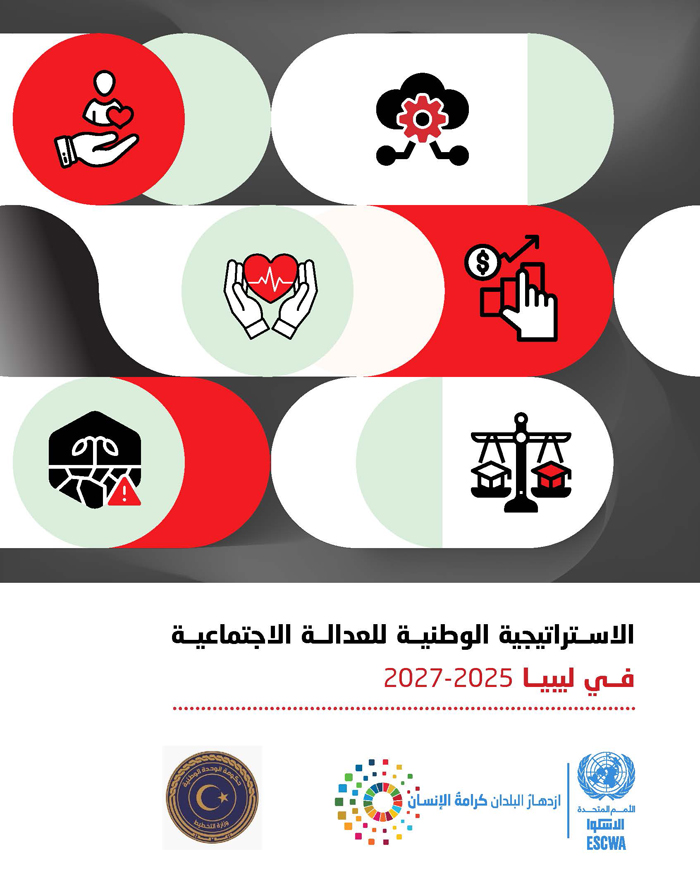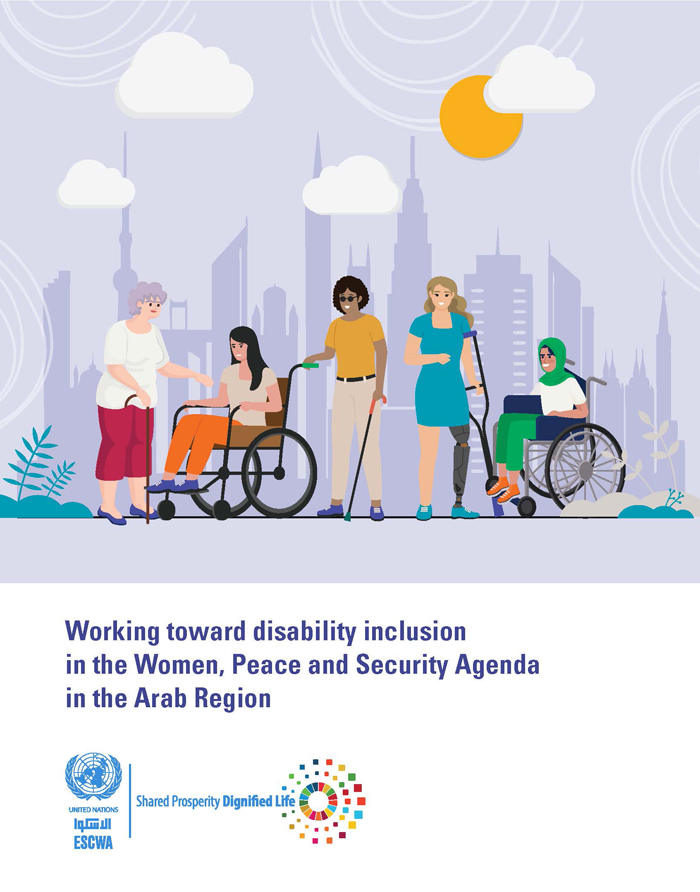
ESCWA Publication: E/ESCWA/SDD/2014/Technical Paper.2
Country: Arab region
Publication Type: Reports & studies
Cluster: 2030 Agenda and SDG Coordination
Focus Area: Governance & enabling environment, Inclusive development, Future of employment, Population dynamics & migration
Initiatives: Development challenges
SDGs: Goal 16: Peace, Justice and Strong Institutions
Keywords: Arab countries, Equality, Social justice, Social security, Corruption, Development planning, Human rights, Taxation
Social justice in Arab countries: Challenges and recommended courses of action
January 2014
This paper is an overview of some of the current political, social, economic and institutional challenges facing Arab countries in moving towards socially motivated patterns of economic growth and human development. It calls for the adoption of strategies to improve social protection, promote youth and women’s employment, build civic engagement, combat corruption and reform existing systems of governance.
The paper elaborates on the need for new social protection systems in the Arab region, as a critical policy component to alleviate poverty and remove social inequalities. Planning strategies that foster equity and participation and promote equal access to development as a human right are also needed. The paper thus underlines the linkage between social justice, fiscal stability, governance reforms and a more equitable redistribution of national wealth.
Related content
Governance & enabling environment
, Inclusive development
, Future of employment
, Population dynamics & migration
,
This paper is an overview of some of the current political, social, economic and institutional challenges facing Arab countries in moving towards socially motivated patterns of economic growth and human development. It calls for the adoption of strategies to improve social protection, promote youth and women’s employment, build civic engagement, combat corruption and reform existing systems of governance.
The paper elaborates on the need for new social protection systems in the Arab region, as a critical policy component to alleviate poverty and remove social inequalities. Planning strategies that foster equity and participation and promote equal access to development as a human right are also needed. The paper thus underlines the linkage between social justice, fiscal stability, governance reforms and a more equitable redistribution of national wealth.



